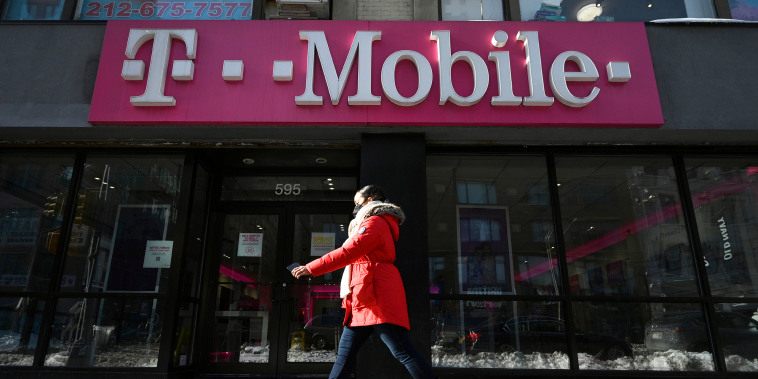T-Mobile is in hot water after an employee was caught stealing nude images from a customer’s phone during a trade-in process.
According to the lawsuit, the incident happened at a Las Vegas store in 2018, when the customer was trading in her old phone and the employee “unlawfully gained access to and viewed or copied the images stored on the phone without the customer’s permission.”
The customer claims that the employee not only accessed the private photos, but also shared them with other store employees. She is suing the company for invasion of privacy, emotional distress, and negligence.
The lawsuit states that the customer was “humiliated” and “shameful,” the incident has left her feeling disgusted and scared that her images would be used for nefarious purposes.
T-Mobile has not commented on the lawsuit, but the company has acknowledged the incident and stated that it has fired the employee who was involved.
The suit is a reminder of the importance of protecting sensitive information, especially when not in use. Not only can a breach of privacy lead to embarrassment or distress, but it can also cause reputational and financial damage.
This is not the first time a company has had to face such a situation. In 2017, Sprint was fined $12 million for letting its employees access and share customers’ personal data.
Given the seriousness of the offense, companies should take all necessary steps to protect their customers’ information. They must have a comprehensive security plan that includes ample training and proper oversight. Additionally, they should have explicit policies in place that clearly define what is allowed and what is not when it comes to accessing customer data.
By taking proactive steps to protect private information, companies can help ensure that their customers’ trust is not compromised.
